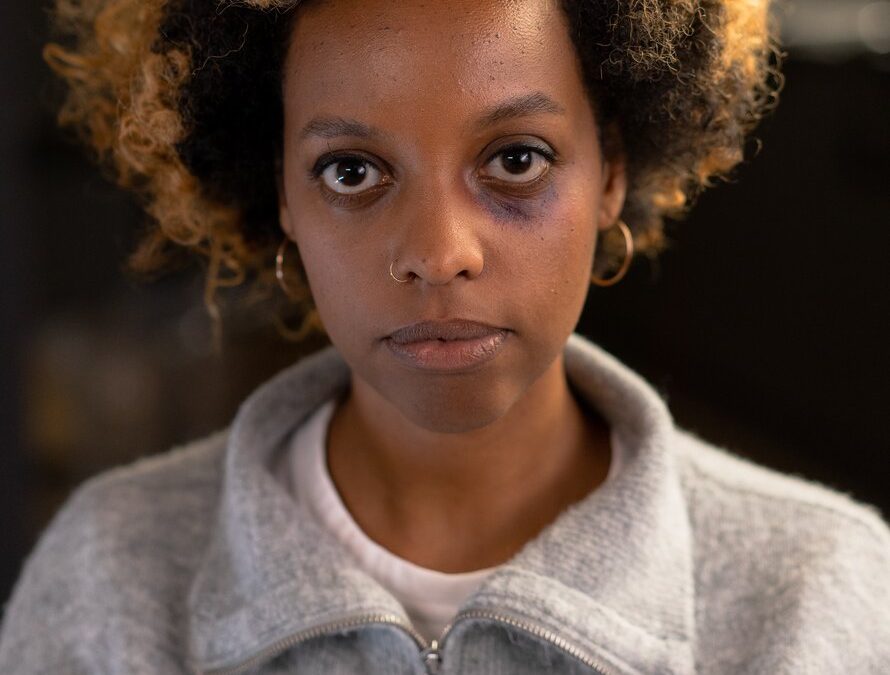People who suffer from domestic violence by their spouse, family member, and other potential abusers in their life can seek protection from New Jersey’s Prevention of Domestic Violence Act. It provides life-saving opportunities for the survivors of sexual assault, domestic violence, and other forms of harassment without resorting to an extensive criminal case.
This protection keeps the abusers at a safe distance away from the victim, but it cannot safeguard victims from sex crimes done by a stranger. Fortunately, the New Jersey Sexual Assault Survivors Protection Act can address this pressing issue and provide a safety net for survivors against their sexual perpetrators.
Defining a Restraining Order Under the Sexual Assault Survivors Protection Act (SASPA) in New Jersey
The SASPA was enacted in May 2016 and entails keeping victims from coming in close contact with the abuser. Just like a standard restraining order, it ensures the offender can no longer do further damage by banning them from visiting their home, work, school, or any other location within range of the victim. It also shields them from the following:
- Sexual violence;
- Any form of future contact (oral, written, face-to-face, via a third party, and more);
- Stalking behaviors;
- Offline and online harassment;
Who is Eligible for a Protective Order Under SASPA?
Anyone who suffers from sexual offenses, domestic violence, and harassment can apply for a protective under. As for the victims who are below 18-years-old or struggle with disabilities, the parents or legal guardian can act as a representative and apply on their behalf.
Keep in mind that victims who fall under the Domestic Violence Act cannot apply for another protective order under SASPA. Either way, it’s the perfect response that can give peace of mind to the victims as it prohibits the abuser from coming into their lives without having to seek assistance from law enforcement.
How to Obtain a Protective Order Under SASPA
Obtaining protection can happen in two simple steps, with the first being the victim must apply for a temporary protective order (TPO). This will bring you to a family court, so it helps to have a family lawyer guide you through the process.
It’s the initial phase that safeguards the victim from running into further complications with the abuser. The second stage is to hold a reading, which will run for 10 days from the day you issue the TPO.
This is the most critical part since it determines whether the victim can obtain a Final Protective Order (FPO), which has no expiration date. This is the highest form of restraining order that keeps the abusers away from the victim, so long as they are anywhere in New Jersey.
The Bottom Line: An Overview of New Jersey Restraining Orders
Understanding what entails in a restraining order is crucial since it can protect clients from their former abusers. Having an attorney is a must since they play a pivotal role in helping complete the paperwork, along with acting as a legal advocate for your case.
How Can Our Attorneys at Bruno & Ferraro Help?
If you’re looking for the best Bergen County lawyer that can protect you and your family from domestic violence, stalkers, and other forms of harassment, get in touch with us at 201-460-9494 for a free consultation.
